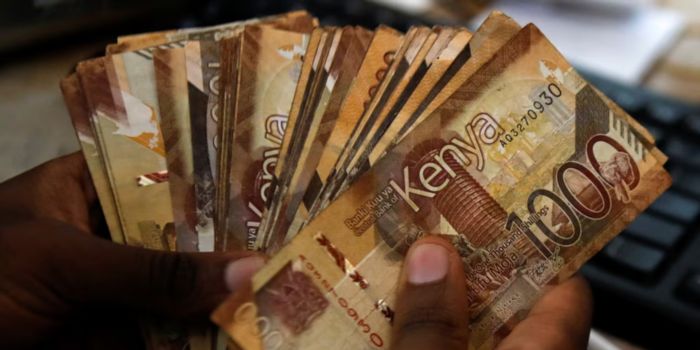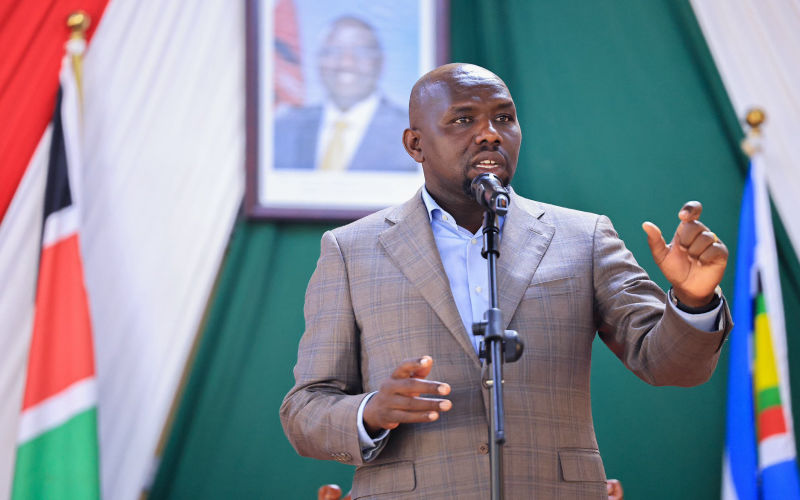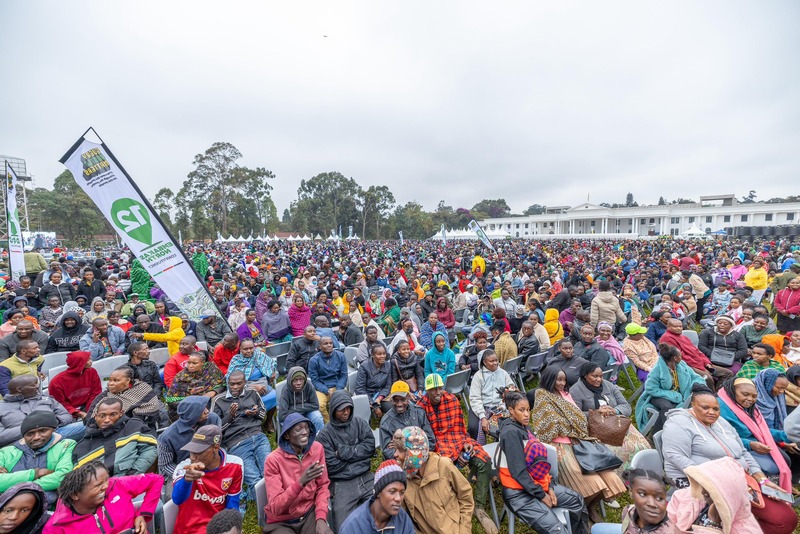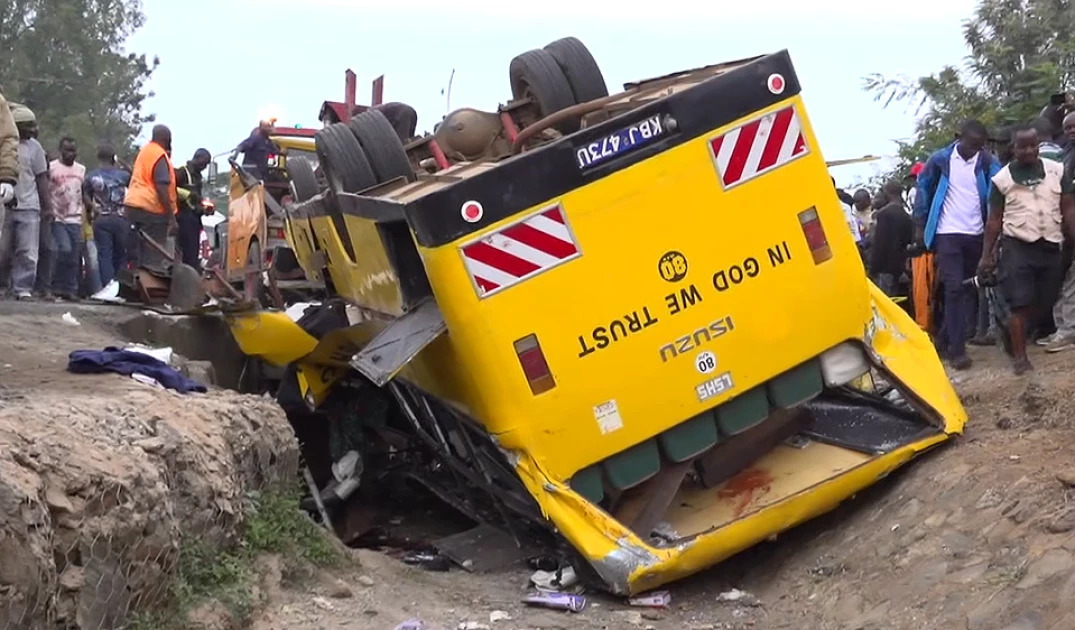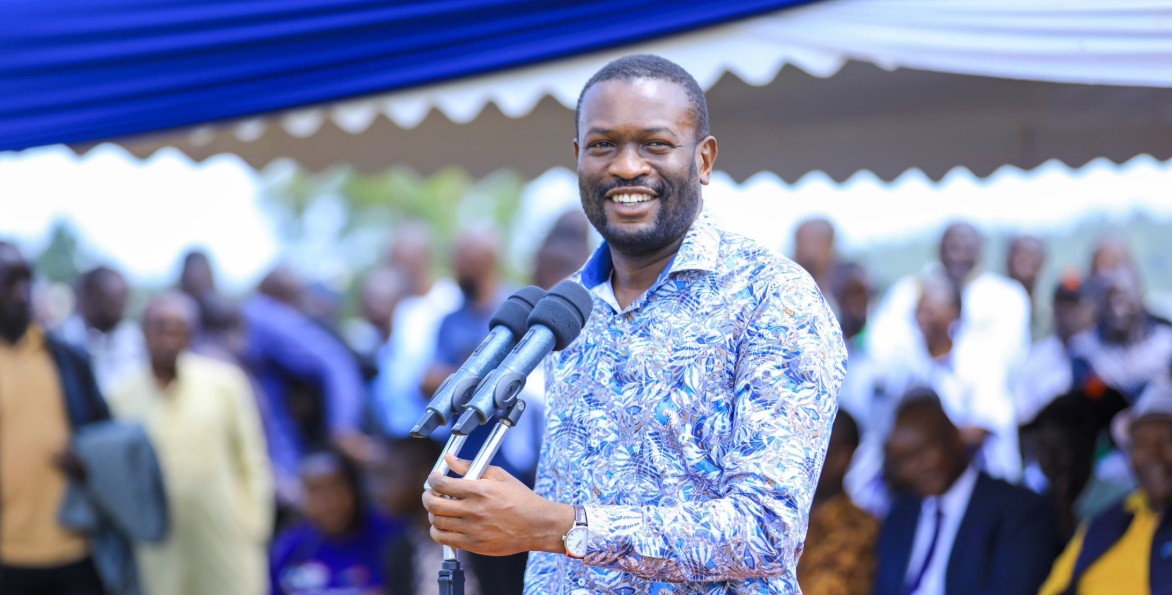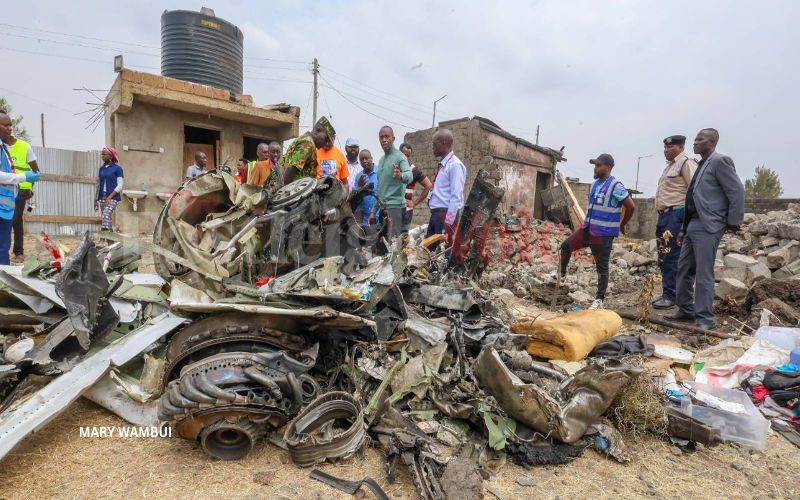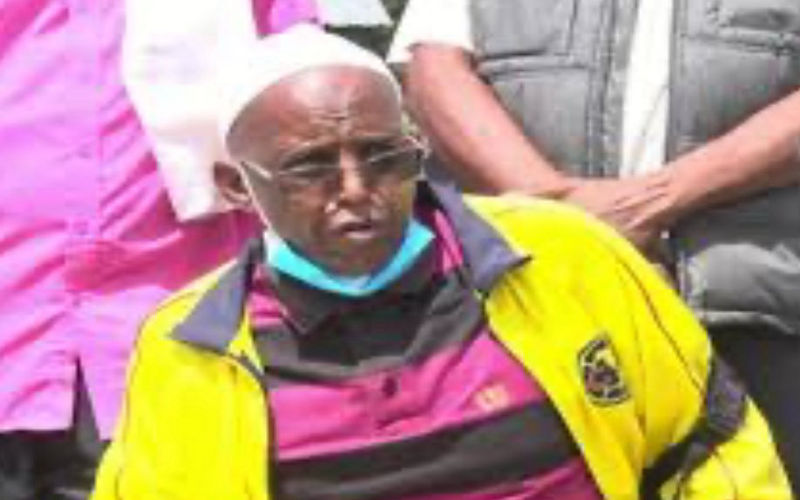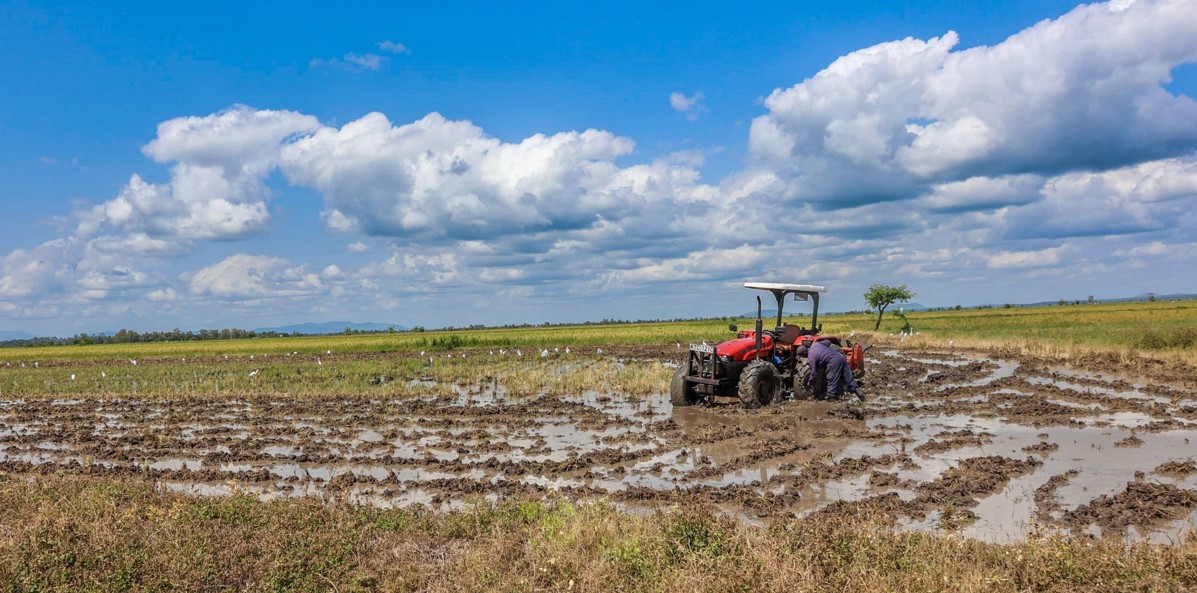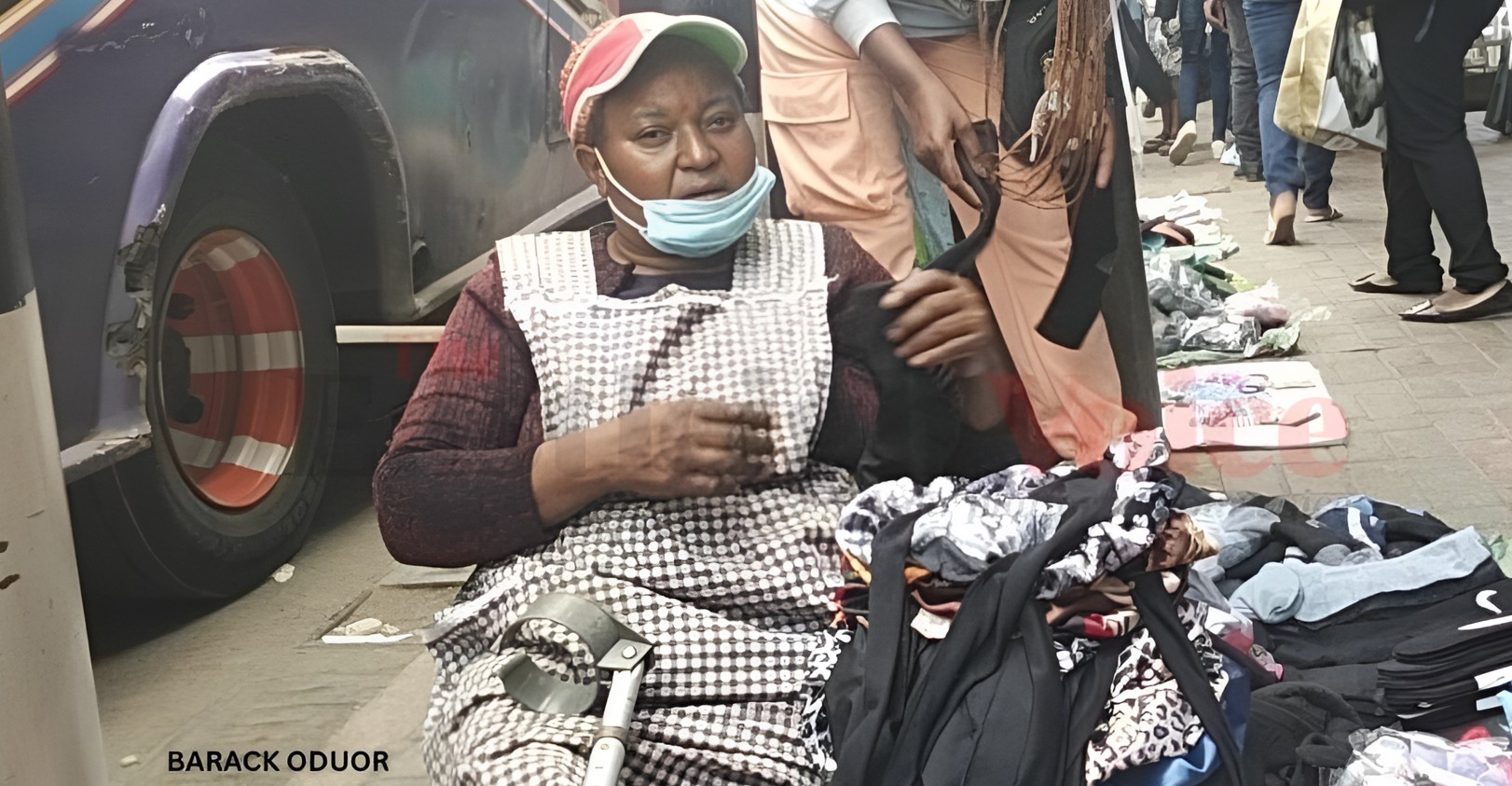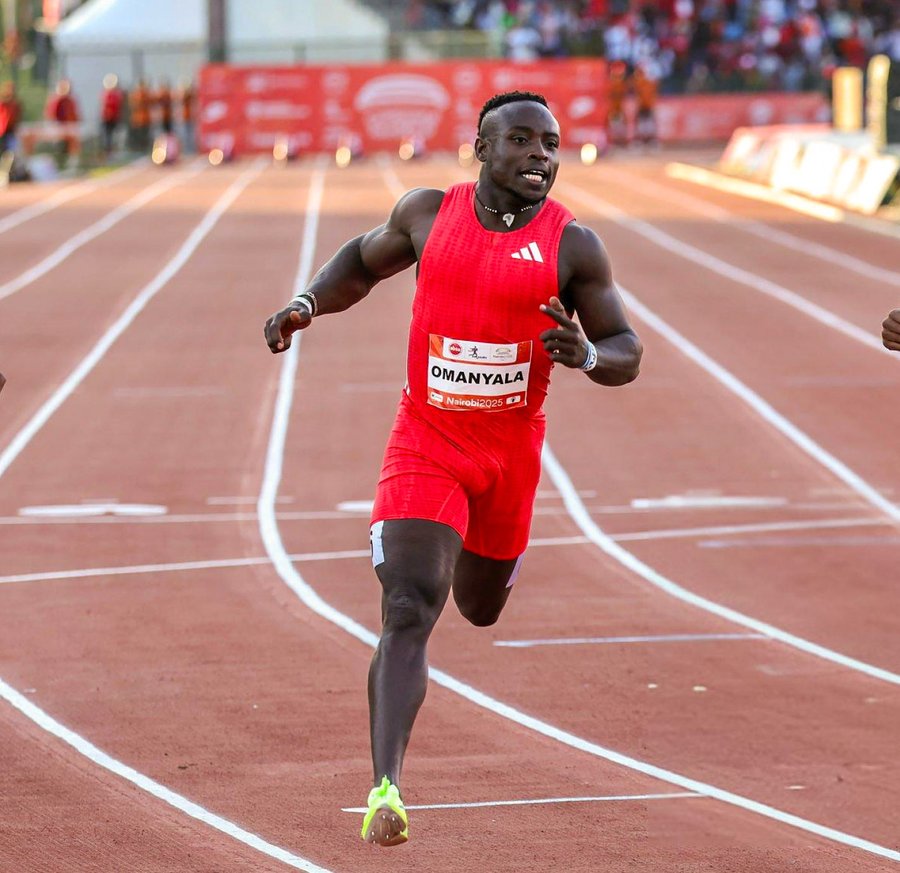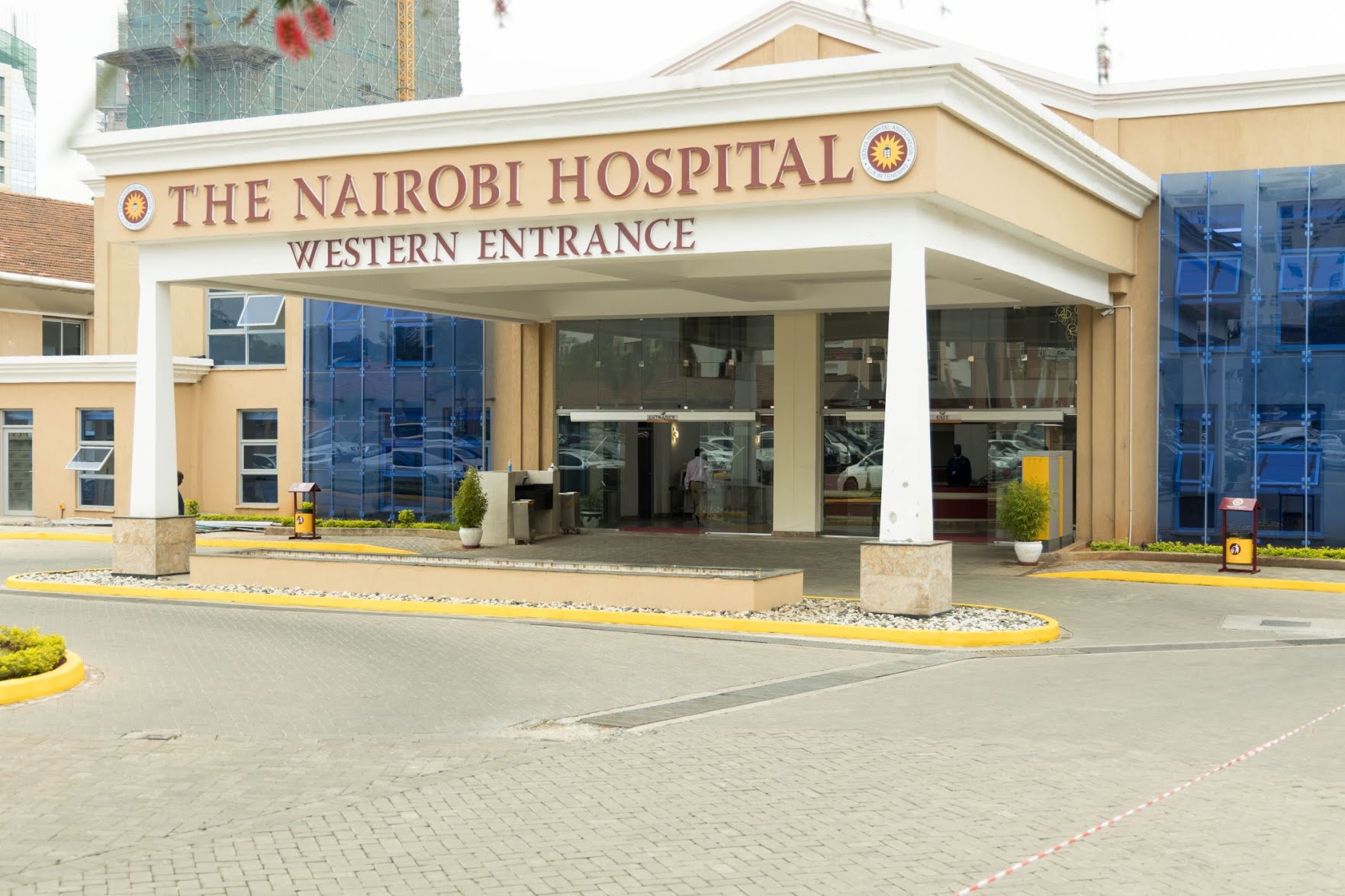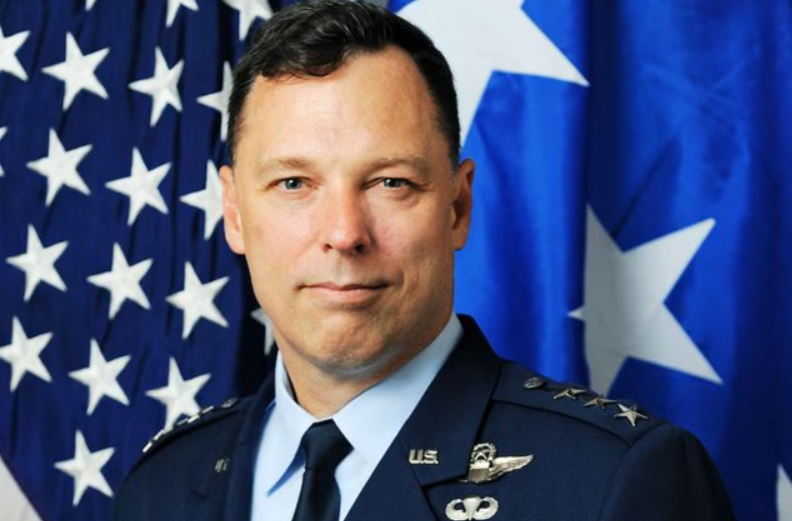Africa scrambles to fill donor void as health and research leaders meet in Nairobi

Discussions focused on how to make the most of limited resources to tackle health crises using evidence-based research, especially in countries also struggling with political and climate challenges.
At a meeting in Nairobi, African health and research institutions are grappling with how to fill the gap left by the withdrawal of major donors from critical sectors such as health and development across the continent.
The meeting, referred to as the 2025 Africa Evidence Summit Agenda, held on Monday and Tuesday, brought together heads of various international and regional research bodies.
More To Read
- Severe aid cuts endanger lives in Ethiopian refugee camps hosting over 395,000 South Sudanese
- US halts Sh64 billion in funding for mRNA vaccine projects
- The global health system can build back better after US aid cuts – here’s how
- Africa’s push for HIV independence advances with first procurement of locally made medicines
- UN warns of rising hunger across Africa
- One dead, two officers injured as protests rock Kakuma refugee camp
Discussions bordered on ways of leveraging the existing meagre resources to manage dire situations of health using evidence-based research in economies grappling with other factors such as politics and climate change.
The chairperson of the Network of Impact Evaluation Researchers in Africa, Amos Njuguna, said the meeting was timely following massive aid cuts to Africa and other parts of the world by global donor agencies.
"I am glad that this meeting is taking place at a time when many countries are grappling with the biggest challenge on how to fill the void left by donors who were supporting critical sectors of their economies, such as health," said Njuguna.
Optimism
Carson Christiano, the executive director of the Centre for Effective Global Action, expressed optimism that there could be solutions to filling the void left by donors.
The meeting featured panel discussions on how funding shifts have affected programmes, how funders are addressing the gaps, how practitioners are adapting, and the role evidence can play in shaping future responses.
Dean Karlan, a professor of economics and finance at Northwestern University and co-director of the Global Poverty Research Lab, argued that development is not mainly about aid but how governments spend their budgets.
Stop wastage
According to Emilie Oftedal, a senior advisor at the Norwegian Agency for Development Cooperation, governments and organisations that rely on aid should now spend wisely to leverage and stop wastage.
"I suggest that we should think carefully about how we spend the money we have. We should spend wisely to leverage and stop further wastage," Oftedal said.
Catherine Kyobutangi, who heads the African Population and Health Research Centre, explained how the donor cut has been a huge disruption to critical programmes.
"It is indeed true that the donor cut is a huge disruption, and this trend is likely to continue. We are seeking how to shape the ecosystem moving forward. The question should be, how do we move with less?" said Kyobutangi.
The meeting also highlighted the long-standing role of non-governmental organisations (NGOs) as a cornerstone of Africa’s development, often stepping in where governments and private institutions have fallen short.
Across Africa, NGOs have played a vital role in humanitarian relief, poverty alleviation, healthcare, education, environmental conservation, and governance advocacy.
First responders
In many African countries, these organisations serve as first responders during crises, providing food aid, medical care, and emergency relief in conflict zones and disaster-affected areas.
Despite their critical contributions, NGOs in Africa have been dependent on foreign aid for many years, especially from Western nations like the US and international donor agencies.
The fragility of NGOs that rely on foreign funding has been exposed by recent developments, such as the immobilisation of USAID during President Donald Trump's current administration.
The Africa Evidence Summit meeting is part of the conversations exploring how foreign aid to Africa has had a convoluted history marked by significant changes in priorities, policies, and funding levels over time.
Since the beginning of the post-colonial era, Africa has been a major receiver of aid, often delivered through NGOs.
Throughout the 1980s and 1990s, the main goals of development assistance were poverty reduction, health care, and infrastructure.
With a focus on structural adjustments and market-based reforms, aid distribution underwent substantial changes as a result of shifting ideologies, such as the rise of neoliberalism, and the political climate of donor nations.
By the early 2000s, in response to persistent poverty and health crises like the HIV/AIDS pandemic, foreign aid to Africa rose sharply and expanded to cover additional areas such as security, governance, and environmental issues.
Top Stories Today

